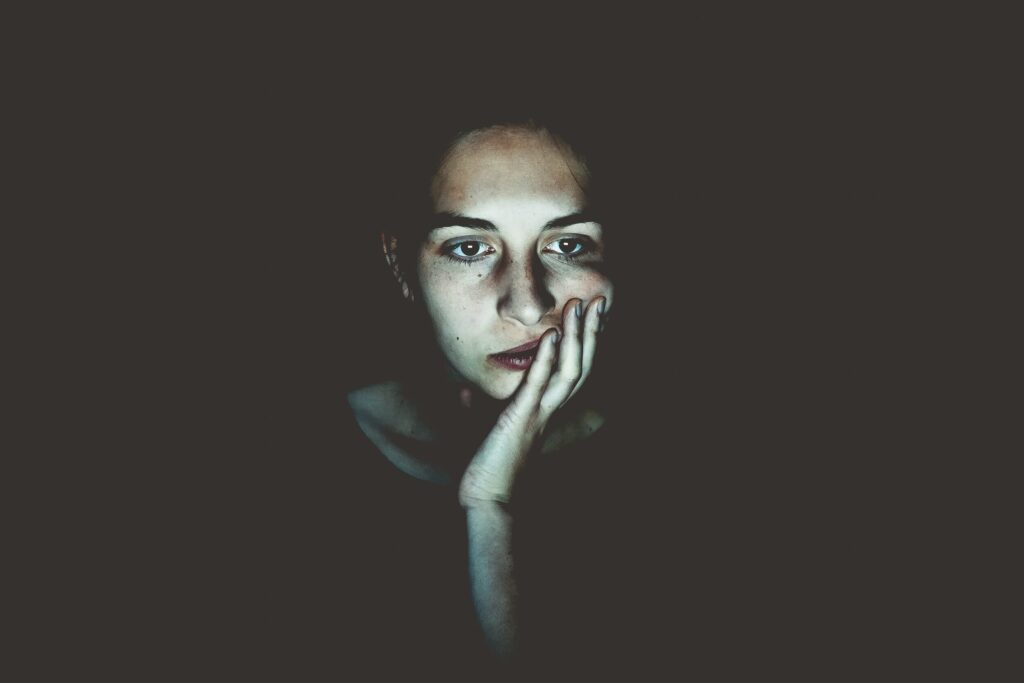College is often a time of excitement, opportunity, and self-exploration, which is what makes college during a pandemic particularly devastating for those now navigating an age of digital courses, social isolation, and more time at home. During this era of uncertainty, society is starting to question the widespread impact COVID-19 will have on mental health — and college students are no exception.
Whether you’re entering college as a freshman, are in the midst of your college career, or have been anxiously awaiting and preparing for your graduation, the sudden shift in lifestyle may be difficult to navigate. With some campuses closed to students and faculty, classes are impacted, as well as possibly students’ in person access to on-campus mental health resources.
According to a recent survey conducted by the American College Association and the Healthy Minds Network, 60% of college students report that the pandemic has made it harder to access mental health care, despite an increase in financial constraints and higher prevalence of depression during the COVID-19 crisis. The turbulent nature and protracted progression of the pandemic have left little opportunity for universities to refine their mental health programs in order to ensure accessibility during college shutdowns.
Universities have guidelines governing their practices when it comes to clinical therapy. With some out of state students now learning remotely, the United States Department of Education relaxed certain rules in order for students to continue getting their mental health care needs met by their universities. This is an important distinction, as not everyone has access to those same services at home. The United States Department of Education has directed post-secondary institutions to make accommodations for students, from financial aid flexibilities to academic allowances.
If you are struggling to access university mental health resources as a result of the pandemic, consider reading up on your university’s current COVID-19 national emergency protocol and available resources. Some universities are offering Zoom counseling sessions as well as remote access to mental health care professionals that can assist you with your existing treatment plan, or help you establish one that’s right for you. As always, The Mental Health Collective is available to help.
For mental health support or assistance finding local resources, please give us a call at 888.717.9355 or click below and send us a message.
writer: S. Mishkin
